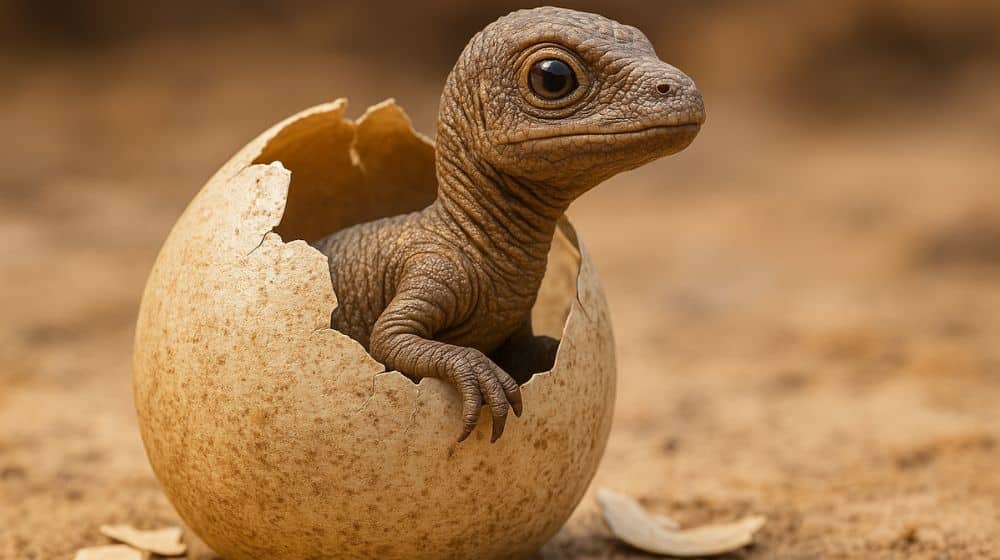Stunning Discovery in Patagonia
Buenos Aires, Argentina — Paleontologists in Argentina have unearthed an extraordinarily well-preserved dinosaur egg believed to be around 70 million years old, a discovery that has stunned scientists worldwide.
The rare fossil was found in Rio Negro province, located in the vast and geologically rich region of Patagonia, an area already known for significant paleontological finds. According to researchers, the egg’s condition is so exceptional that it appears almost fresh, despite being buried in the earth for tens of millions of years.
An Egg Perfectly Preserved for 70 Million Years
The discovery was announced by Gonzalo Muñoz, the lead researcher of the excavation team.
This egg is completely intact, which is an extraordinary find, he said. It likely belonged to a small carnivorous dinosaur, a species whose fossils are extremely rare globally.
Experts believe the egg’s preservation could provide new insights into how certain dinosaur species reproduced and evolved during the Late Cretaceous period, just before the mass extinction event that wiped them out approximately 66 million years ago.
Possible Remnants Inside the Egg
Initial analysis suggests that organic material may still be present inside the egg. Scientists hope that with advanced imaging and scanning technology, they can determine whether it contains embryonic remains or traces of dinosaur tissue.
If we confirm the presence of an embryo or internal structure, Muñoz noted, it would be one of the most important paleontological discoveries in South American history.
The egg has been carefully transferred to the Argentine Museum of Natural Sciences in Buenos Aires, where it will undergo detailed scanning and chemical testing.
A Region Rich in Prehistoric Secrets
Patagonia has long been considered one of the world’s most fertile grounds for dinosaur research. Over the past few decades, scientists have discovered fossils of titanosaurs—the largest land animals ever to exist—as well as remains of theropods and other prehistoric species.
However, experts emphasize that an egg in such perfect condition has never been found in the region before. Most previous finds consisted of fragmented shells or fossilized clusters, making this discovery particularly significant for the study of dinosaur reproduction.
Scientific and Historical Importance
Researchers say the find could enhance understanding of the paleoclimate, nesting behavior, and reproductive biology of dinosaurs in South America. It might also provide data on how climate and environmental changes influenced fossil preservation over millions of years.
The discovery highlights Argentina’s continued role as a global leader in paleontology. As Muñoz summarized, Every new fossil from Patagonia tells us another chapter of Earth’s deep history — and this egg may reveal one of the most fascinating stories yet.















